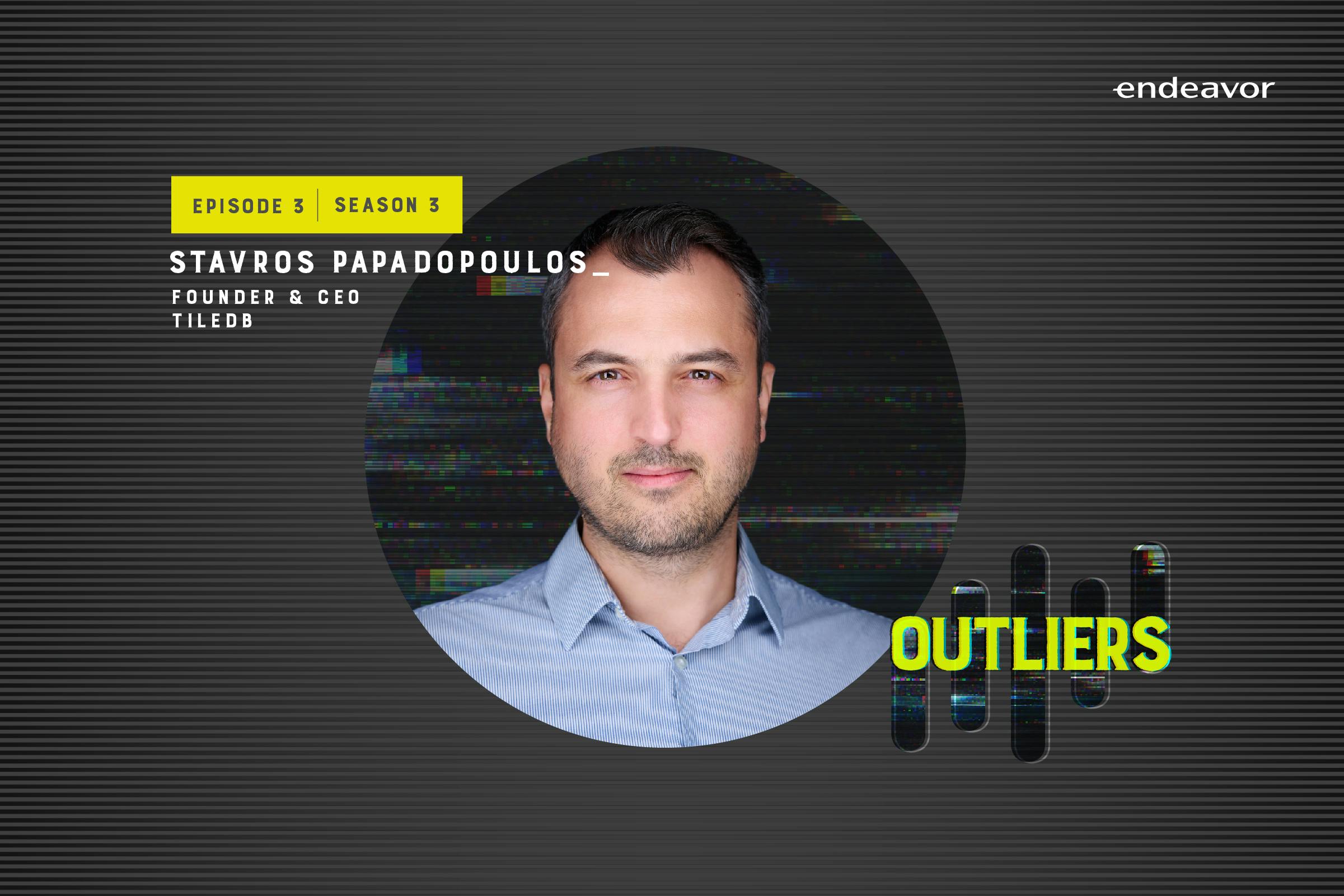Tapping into his passion for Information Technology, desire for new experiences, his mind, friends, acquaintances, and to a certain extent, into his luck, Stavros Papadopoulos managed to create TileDB, a unique database, which contrary to traditional ones, can store and manage any sort of data such as genomes, satellite images, telecom data etc. This young entrepreneur, who comes from Xanthi, has staffed TileDB with a team of 40 people, which has been running for four years and has raised approximately 20€ million from financing rounds.
More specifically, TileDB has two products to offer; genomics and LiDAR. These solutions can be applied to any device related to sonar, satellite images, telecommunications (ex; to track down the position of consumers for locating a taxi), and generally to everything that has to do with tables. While working at Intel, Stavros Papadopoulos noticed that a large number of problems that customers came across could be dealt with a specific solution, that is the combination of dense and sparse, for those who know the subject.
Having followed a successful academic and professional career, Stavros Papadopoulos talked to Outliers, Endeavor Greece’s podcast series, and said that in August 2016 he decided to create his own startup, a venture that took shape in 2017.
From Xanthi to Thessaloniki and then to Hong Kong
He was born and raised in Xanthi, and his passion for Information Technology was triggered from a young age after being acquainted with video games. He studied Information Technology at the Aristotle University of Thessaloniki, and in his last year, when he was among the top five students of his school, he communicated with his professors, so that one of them would help him apply for a PhD in the United States. His applications were met with approval by three universities, and it looked as though he was going to choose Boston University.
He refers to this period as “a crossroads that determined the course of my life,” because at that time a friend of his happened to talk to him about Hong Kong. At that moment, he started collecting information about the city and he contacted a Greek professor, who used to work there, although he had not decided yet what he wanted to study. In the end, he spent 8 years in Hong Kong. After receiving his PhD, he held his postdoctoral studies and worked as a visiting assistant professor for three more years.
New experiences, new continents
While attending an international conference held in New York, Stavros Papadopoulos accepted a professional proposal from MIT, which involved cooperating with Intel. He points out that he used to work on cutting-edge technology, configuring hardware for new systems, related to big data. Throughout his work, he found out that the patterns used in databases were faulty, and he pinpointed the shortcomings that customers experienced in this field. Having been encouraged to create something on his own, Stavros started to get as much information as he could about how he would create his own company and approach investors.
Teaching the Basics
Here are some tips he gives to people, who wish to create their own tech startup, but do not want to be restrained by investors:
Reading books and collecting a lot of information on the subject
Be surrounded by people who have done that before. “It is not stupid to ask for help,” he points out and he underlines that he offers his help to younger entrepreneurs
Be careful as to where your funds come from. Depending on the growth stage of your company, you should seek different people with different qualities in every funding round.
You should build a good team from day one.
Do not be intimidated by your investors, as they are usually biased.
The Greek Ecosystem
Five years ago, Stavros Papadopoulos would say that things were pretty bad. However, since then, he has been impressed by certain positive aspects, such as the amazing work of venture capitals and talented individuals, who are loyal to their employers. As far as his company is concerned, what is pending is receiving venture capital by Limited Partners instead of the European funds they are currently raising. In this way, they would have a considerably higher amount of money at their disposal.
